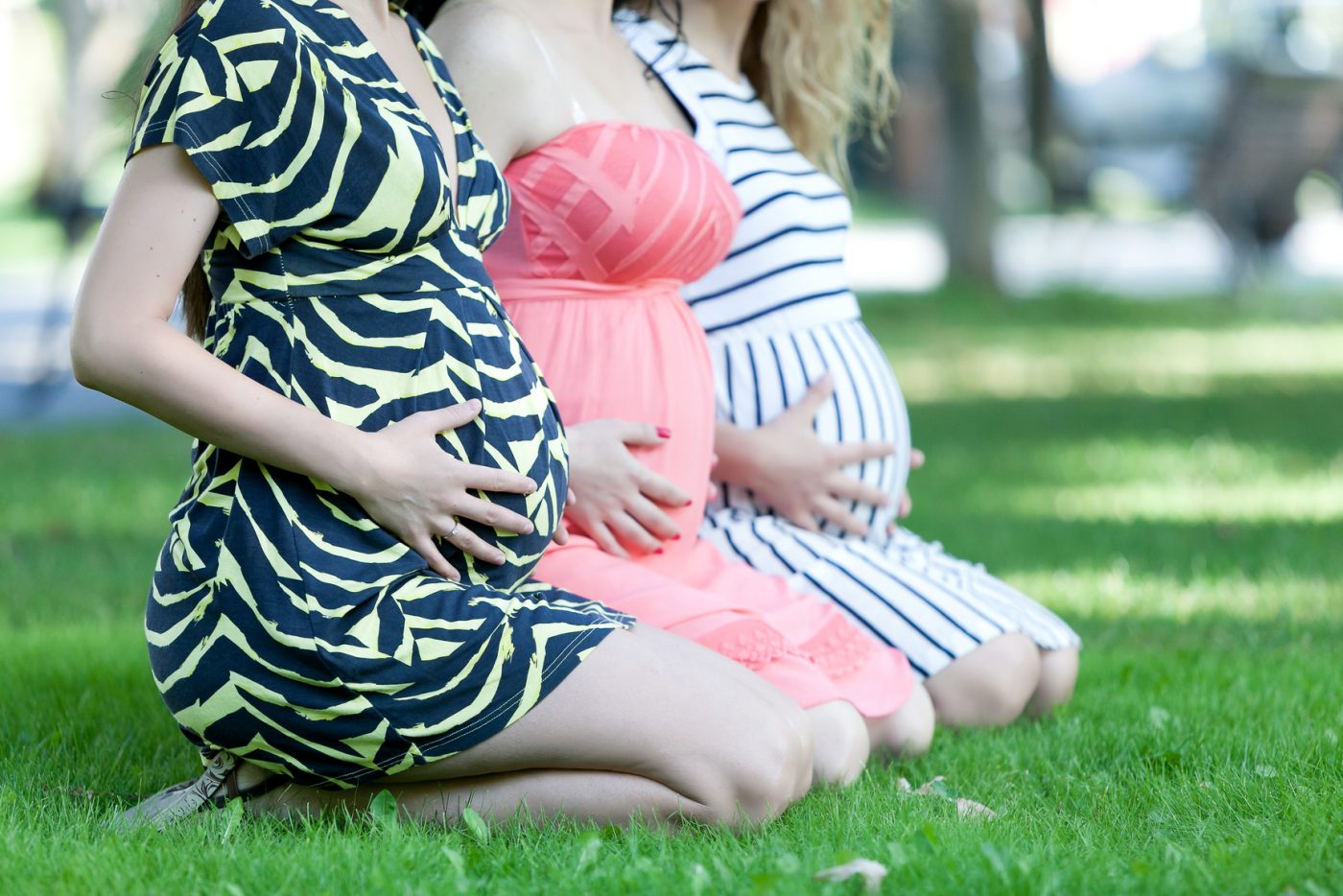
Antenatal classes are designed to help expectant parents prepare for the birth and parenthood, and to learn how to care for and feed their babies.
Find out about local (free) NHS courses by asking your GP, midwife or health visitor, or Google your local (paid) NCT or private course.
It might all sound like common-sense and you may assume you know most or all of it already. However, many expectant parents find that they learn a great deal from the courses. Many baby-care skills need to be learned and are actually not as ‘instinctive’ as you might imagine. Breastfeeding is a prime example, some mums find it really easy, but it’s really important to know that lots of mums need a great deal of guidance and practice before they get the hang of it.
Good information and discussions with breastfeeding experts before the birth are vital. It will help you feel more confident and help you to know what’s normal. It will also give you an idea of where
You should also learn all the top ways of bonding with your baby. It’s not always like in the movies where there’s an instantaneous surge of love, so it’s good to know basic techniques of attaching and bonding with your baby. These can include things like interpreting your baby’s feeding cues, lots of skin to skin contact to release oxytocin, and generally attentive and sensitive parenting.
It’s also vital to know things like how to recognise common challenges so you can seek appropriate information and support before they develop further. These might include physical things like mastitis, or mental health things like post-natal depression. The more you know, the more prepared you’ll be, and the better you will probably cope. Remember too that if you feel like you might have post-natal depression, it’s a really good idea to go and chat with your GP, Midwife or Health Visitor. They’ll know what to do to help you.
As well as general birth preparation and parenting classes there are also a variety of courses run by groups who recommend various techniques around birth. These include hypnobirthing (such as the Mongan Method) and active birthing classes (which teaches positions and breathing methods) to help you birth your baby naturally using gravity and relaxed breathing. There are also lots of antenatal yoga and pilates classes which help you to prepare physically for the birth of your baby, also acupuncture is available in some trusts.
Women have the right to take time off work to attend antenatal classes. Fathers and partners now have the right to take unpaid time off work to accompany expectant mothers to up to 2 antenatal appointments.
Book early, since classes often get booked out.
Some hospitals provide early bird classes up to 24 weeks gestation where you can see a dietician, physiotherapist, and midwife.
Classes usually start around 8-10 weeks before your baby is due, or when you are around 30-32 weeks pregnant. The latter would be parent education classes.
Some classes are just one whole day, some are evening classes over a number of weeks, some classes are held at weekends.
If you’re expecting twins, start earlier, around 24 weeks, since there’s a higher chance they’ll come early, maybe look into specialist classes for multiples.
If you’re having a first baby it’s a good idea to go, since there’s so much to learn. For a second or further baby, there are often ‘refresher’ courses available too.
Generally, the classes run at their local NHS hospitals are free of charge to all parents who intend to have their babies at that hospital.
There is a charge for private classes.
Did you know that Essential Parent video content is used by NCT teachers up and down the UK? You can watch it online too as a refresher.